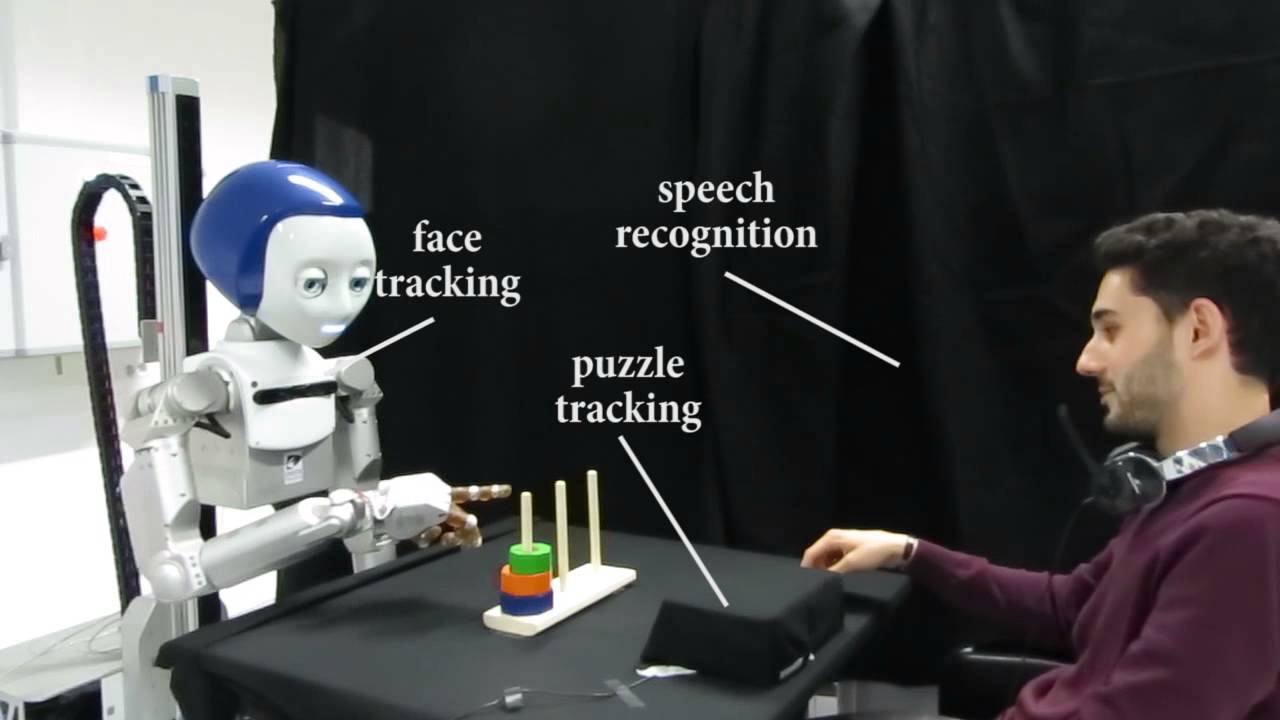https://youtube.com/watch?v=c0HLuvmWL7g
Pop music is littered with titles that relay how romantic yearning is sparked and experienced wordlessly with one person staring at the other. Animals don’t have it so good. “Most mammals generally interpret direct gaze as threatening or as a sign of dominance,” wrote researchers in Frontiers In Human Neuroscience.
People, however, usually take gazing with positive interpretations, such as affection, love and attraction. “A preference for direct gaze seems to be present at a very early age: Farroni et al. (2002) found that infants as young as 2 days old prefer to look at faces that gazed directly at them compared to faces with averted gaze.”
If social gazing goes down so well between humans, what about between robot and human? Sean Andrist, doctoral candidate in computer science, UW-Madison Graduate School, has seriously explored that question.









Comments are closed.